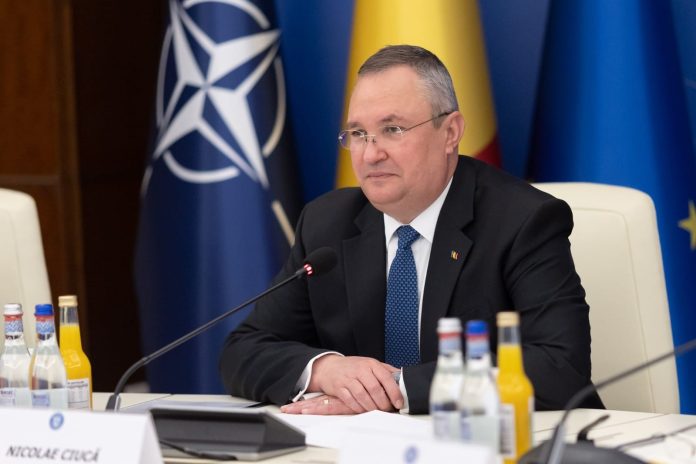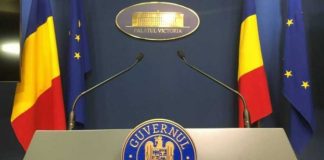Romania is a reliable partner in NATO and the EU, „a pillar of democracy and stability” in the region and must act „quickly” and „realistically” to transform the challenges generated by global crises into development opportunities, Senate President Nicolae Ciuca stressed in a video message addressed to participants in Bucharest Leaders’ Summit: Licence for a Better World, an international meeting organised by MediaUno Press Group, the Department for Sustainable Development of the Romanian Government and the National Institute of Statistics that began Wednesday in Bucharest.
„Romania has successfully completed a stage in its European journey, we have managed to reduce the development gap within the European Union, we have started to be efficient in attracting European funds, we have built projects, from motorways and better roads to essential investments in hospitals and education. A few days ago we marked a historic moment – our country became a Schengen member with air and sea borders and we will fight for Romania’s full membership as soon as possible. Even where we have not succeeded in everything we set out to do, we know what we have to do next,” said Nicolae Ciuca.
He pointed out that our country is a reliable partner in NATO and the EU: „Romania matters in the world and we have a say, but we are at a crossroads. (…) We are facing a series of global challenges and crises that we must handle with realism, from security and defence to the development of new technologies, from citizen safety to public health, from demographic change to the climate crisis. The window of opportunity is narrow, we will need to act quickly at the global level (…) To successfully navigate the next decade, to turn challenges into opportunities, two ingredients are needed – vision and leadership. This event brings together leaders, experts from the most important fields, who can provide direction, vision and solutions,” added the Senate president.
According to him, Romania needs a new country project, and the representatives of the political class must be „pioneers of this change”. „I believe that the Romania of the future is one with solid democratic institutions, capable of providing economic and social security and in communities, it is a pole of energy independence, invests in innovation and technology, but, above all, invests in people and their potential,” Ciuca added.
Presidential advisor Loreta Paun said that by transcending institutional boundaries, ways of collaboration and synergy can be found for a lasting positive impact.
„Today’s Summit is a true incubator for innovative ideas and pragmatic solutions tailored to the needs of today’s changing world. Let us use this opportunity, let us go beyon institutional boundaries and find together collaboration and synergy ways for a lasting positive impact,” said the presidential advisor.
She pointed out that health is a fundamental element for „a better world”.
„The global pandemic is a stark reminder that health must be at the heart of all policies, a priority in all areas. It is essential that we invest in robust and resilient health systems, promote access to quality healthcare for all and support health research and innovation. A world where every individual has access to adequate health care is a safer, more prosperous and fairer world,” Loreta Paun stressed.
According to Laszlo Borbely, head of the Government’s Department for Sustainable Development, Romania has made progress in implementing the Agenda for Sustainable Development, mentioning in this sense the establishment of the national network of experts in sustainable development.
He also stressed the importance of Romania’s current situation in terms of the opportunities provided by European money, including from the National Recovery and Resilience Plan, as well as the path towards OECD membership.
According to MediaUno, Bucharest Leaders’ Summit: Licence for a Better World will hold a series of conferences until 26 April, aimed at identifying sustainable solutions in various areas of sustainable development: research, education, innovation, sustainable development, defence and national security, energy, digitalisation, health, equal opportunities and human rights, diplomacy and international relations.
AGERPRES




